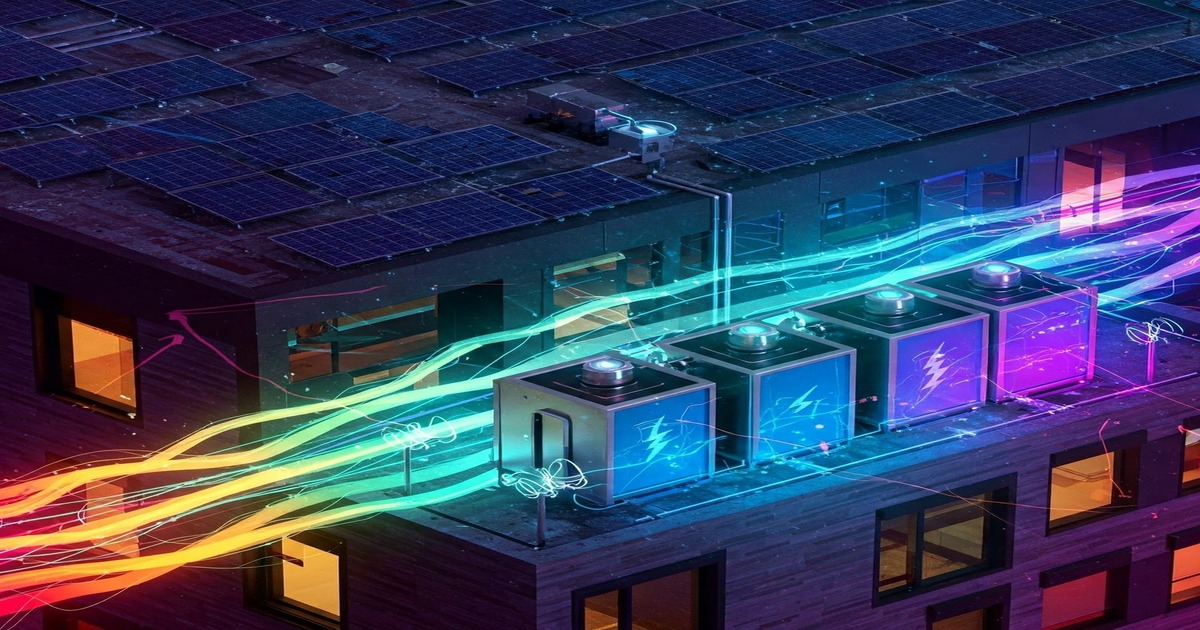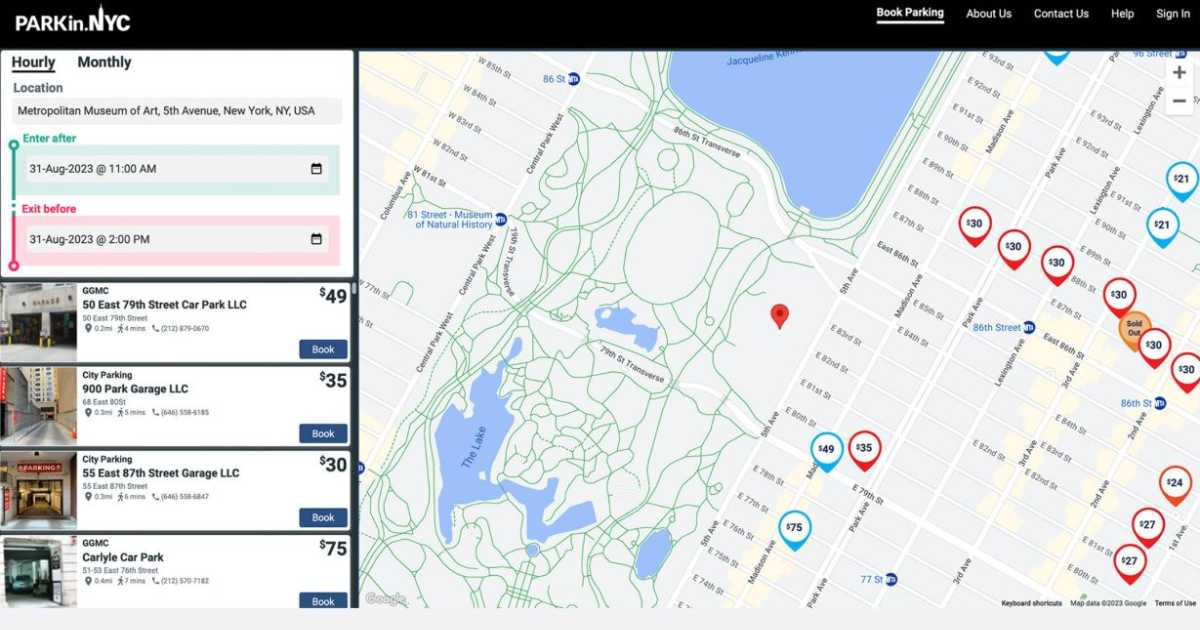Smart ‘MIND’ Powers Future Italian District with Human Approach to Building and Design

Milan – you might know it as the financial capital of Italy, or even the global capital of fashion. But did you know the city is also becoming a driving force for research and innovation? In fact, fifty per cent of life science companies in Italy are based in Milan and, more recently, we’ve seen significant growth in the tech start-up culture there.
Welcome to MIND – where ‘futuristic’ means ‘no tech’ technology
At the heart of this city is the Milan Innovation District – also known as ‘MIND’ (situated on the former Expo 2015 site) – and future home of state-of-the-art Galeazzi Hospital, a new science campus of the University of Milan, and Italy’s new research institute for Life Sciences, Human Technopole.
Unlike traditional business parks or technology parks, MIND is an innovation district centred around people, which embraces the traditional values of connection and collaboration in renaissance-style designed ‘piazzas’. It’s about people and placemaking. A site where technology is constant but invisible – where technology is a tool that simplifies your life and is not relegated to the background behind countless gadgets and screens.
Think of it as the bluest and greenest innovation district, where nature is everywhere and where people feel welcomed. A place where sustainable design is part of the future. Where people become part of the movement and are conscious about water consumption and energy consumption. A district built with no carbon fossil fuels, that will be absolute zero carbon by 2040 and resilient to climate change. A place where you will have an incredible quality of life and where ideas are born from the connection and collaboration of people from different backgrounds and sectors.
Innovation ecosystem – a new chapter for property and construction
Three years into the project, and there are already some notable firsts. For starters, MIND represents a private-public partnership, based on a 99-year concession agreement – a first and major milestone in Italian history. It’s a collaborative partnership on a scale the likes of which the country has never seen, and which creates the first true innovation district in Italy.
What’s more, a little over two years ago, Lendlease hatched the Federated Innovation™ ecosystem which now comprises 34 partners across key verticals including: life science and healthcare; energy; PropTech and smart spaces; fintech; mobility and logistics; retail tech; urban digital tech; construction tech; Greentech; security and defence; and agri-food tech and wellbeing.
Collectively, this innovation ecosystem of partners is building ‘an innovation agenda’ and working collaboratively in a bid to transform a colossal site into an unrivalled science, technology and innovation district of international relevance (fun fact: it takes 20 minutes to walk from one side to the other!)
To date, the Federated Innovation™ – with its pillars of social innovation, tech innovation and green innovation – has already become a benchmark for future developments at a national level. It’s also creating a new chapter in the world of property and construction.
Setting new design standards – informed by data and powered by Lendlease Podium
In order to make the MIND vision a reality, we need to re-evaluate the current property lifecycle, including the way we design, build, and operate. At Lendlease Digital, we’re forging new design standards and processes to help create places where digital technologies enhance connections, promote the exchange of knowledge and improve people’s lives. Lendlease Podium, our property lifecycle platform, is playing a pivotal part in this project.
Through digitisation, we’re using data-driven insights to determine how buildings respond. That means we’re asking, “how are we gaining data from the way people live, the way people move, the way people operate within a space to make sure we’re taking a good design and then making it even better – and improving as we move forward to the next design?”
As an industry, we’re moving towards an automated and components-based design approach, where we use DfMA methodologies to design and construct better buildings safer, faster and with cost reductions. We’re building a physical studio – Podium MX Studio – that delivers integrated design capabilities, bringing together the supply chain through a connected ecosystem of partners. This collaboration allows for co-developing and co-designing of new products, with rapid prototyping – giving us the ability to fast-track development on site.
By learning lessons from the data we generate, we can create better designs, healthier spaces and safer places to build and to live. Put simply, we learn how people behave in this space – and then enact the vision. Ultimately, these lessons learned will ensure MIND becomes the ‘innovative district at human scale’ that it promises to be.
Autonomous Buildings in action
MIND is a showcase project for autonomous buildings emerging around the world.
Autonomous buildings are about the value they create for the people who use them. They are becoming intelligent and smart, thanks to the power of digitisation, and transforming the way property and construction industries operate and design.
Additionally, an autonomous building learns to adapt and flex to meet the needs of its occupants, without the burden of intrusive technologies – and that’s the vision of MIND.
On the tech front, MIND’s vision is a holistic digital strategy: It supports the idea that the precinct may be made up of several buildings, but it’s a single digital ecosystem that encompasses the entire area. This breaks down the barriers of buildings and tenancies to create consistent experiences and reliable services for users no matter where they are in the district.
While AI, IoT and cloud technologies are advancing the capabilities of individual silos of products within the autonomous building space, it’s the more recent software defined, containerised architectures in which they are being deployed that’s changing the game for autonomous buildings. The ability to bring together components of different technologies to solve the unique problems and requirements of a building or city in a cost-effective and integrated fashion is creating a new world of possibility for delivering value to customers.
MIND is setting new standards on the sustainability, wellness, safety and productivity fronts, and is well placed to fulfill the legacy of Expo 2015 – putting people and planet wellbeing at the top of the podium.
Project Timeline
- MIND Village will host corporates and start-ups from 2021 (commercial workspace, laboratories, retail, amenities and marketing suite).
- MIND West Gate: a mixed-use development – forecast completion 2024 (commercial workspace, build-to-rent, light industrial, hotel and placemaking retail).
- Human Technopole – forecast completion 2024 (life sciences research centre).
- University of Milan – forecast completion 2025 (Science Campus)
- Galeazzi Hospital – forecast completion 2022 (state-of-the-art hospital with over 500 beds)
To learn more, read the case study: Ground-breaking ‘innovation district’ comes alive at former Expo 2015 site in Milan
This Week’s Sponsor
WiredScore launched in 2013 in partnership with Mayor Bloomberg and the City of New York. Since then, over 650 million square feet of commercial and residential space has been committed to WiredScore certification, impacting 6 million people across 10 countries. For more information on WiredScore, SmartScore or to find WiredScore and SmartScore certified buildings, visit: https://wiredscore.com/.
Read Next
 3/27/2025
3/27/2025
The Convergence of Edge Computing, Cloud, and AI in Building Automation and Smart Buildings In the built environment, we have seen the convergence of Operational Technology (OT) and Information Technology (IT), later expanding to include Workplace Technologies (WP).
 3/27/2025
3/27/2025
DC Power: A Holistic Approach to Energy Savings in Commercial Buildings In today's energy-conscious world, businesses constantly seek ways to reduce their carbon footprint and operational costs.
 3/13/2025
3/13/2025
How to Achieve Eco-Friendly Facility Management Commercial real estate operators and facility managers are focusing on sustainable practices to minimize environmental impact, create healthier workplaces, improve productivity and lower operational costs.
 1/23/2025
1/23/2025
When It Comes To Managing Properties’ Parking, Technology Is Key It’s easy for developers and real estate owners to think of parking as a necessary evil. They know they have to provide it (often, because it’s mandated by code), they understand that prospective tenants and buyers expect to be provided parking, but they haven’t figured out how to maximize its value.






.gif)



